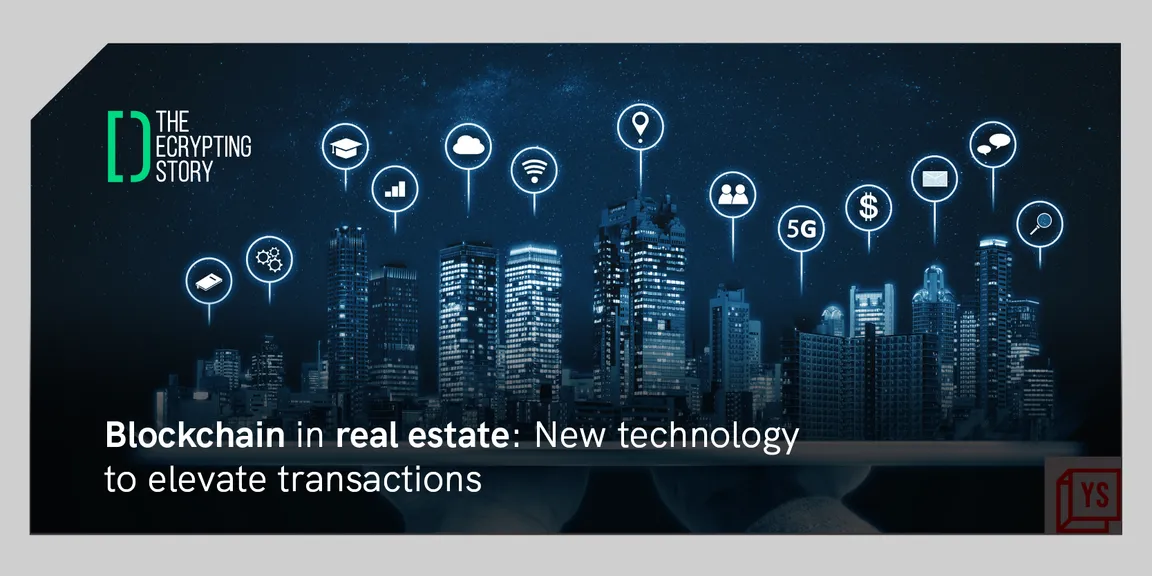
Decentralizing Real Estate: Blockchain Financing Innovations
Blockchain technology is revolutionizing the real estate sector by introducing innovative financing solutions that streamline processes, enhance transparency, and democratize access to investments. In this article, we explore the transformative impact of blockchain on real estate financing and how it is reshaping the future of property investment.
Blockchain Basics in Real Estate Financing
Blockchain, a decentralized and secure ledger technology, is disrupting traditional real estate financing models. By utilizing smart contracts and distributed ledgers, blockchain eliminates intermediaries, reduces transaction costs, and ensures transparency in property transactions. This foundational change in how real estate deals are executed marks a significant step towards a more efficient and accessible market.
Tokenization of Real Estate Assets
One of the groundbreaking applications of blockchain in real estate financing is the tokenization of assets. Through this process, physical real estate properties are converted into digital tokens, allowing fractional ownership. Investors can then buy and trade these tokens on blockchain-based platforms, providing unprecedented liquidity and access to a global pool of investors.
Enhanced Transparency and Security
Blockchain’s transparent and tamper-resistant nature brings a new level of trust to real estate transactions. Every step of the property transaction, from due diligence to ownership transfer, is recorded on the blockchain. This not only reduces the risk of fraud but also enhances transparency, providing stakeholders with a real-time, immutable record of the property’s history.
Smart Contracts Automating Transactions
Smart contracts, self-executing contracts with coded terms, play a pivotal role in blockchain real estate financing. These contracts automate various stages of the real estate transaction process, such as payments, verification, and transfers. By eliminating the need for intermediaries, smart contracts streamline operations, reduce delays, and minimize the potential for errors.
Democratizing Access to Real Estate Investments
Blockchain technology is breaking down barriers to entry in real estate investments. Through fractional ownership and tokenization, individuals can invest in high-value properties with smaller amounts of capital. This democratization of access opens up real estate investments to a broader audience, allowing more people to participate in the potential wealth-building opportunities the market offers.
Ninth World Hub: Pioneering Blockchain Real Estate Financing
Explore the forefront of blockchain real estate financing at Ninth World Hub. As a pioneer in leveraging blockchain for real estate transactions, Ninth World Hub showcases how this technology is revolutionizing the financing landscape, providing users with innovative and secure opportunities for property investment.
Regulatory Considerations and Compliance
While blockchain brings significant benefits, navigating the regulatory landscape is crucial. Governments and regulatory bodies are still adapting to the integration of blockchain in real estate. As the technology matures, establishing clear guidelines and regulations will be essential to ensure a balance between innovation and compliance.
Challenges and Potential Risks
Despite its promise, blockchain real estate financing faces challenges. Security concerns, regulatory uncertainties, and the need for standardization are hurdles that must be addressed. Investors and industry players need to be vigilant and proactive in overcoming these challenges to fully harness the transformative power of blockchain.
Global Impact and Future Prospects
The global impact of blockchain in real estate financing is substantial. As more regions embrace this technology, the market becomes interconnected, enabling cross-border transactions with greater ease. The future prospects of blockchain in real estate financing include increased efficiency, expanded accessibility, and the continued evolution of the industry towards a more decentralized and transparent ecosystem.
Conclusion: A Paradigm Shift in Real Estate Financing
In conclusion, blockchain technology is ushering in a paradigm shift in real estate financing. From tokenization to enhanced transparency and democratized access, the benefits of blockchain are reshaping the industry. As the technology continues to mature, its widespread adoption holds the potential to create a more efficient, secure, and inclusive real estate market for investors and stakeholders worldwide. Explore the possibilities of blockchain in real estate financing at Ninth World Hub and be a part of the future of property investment.
